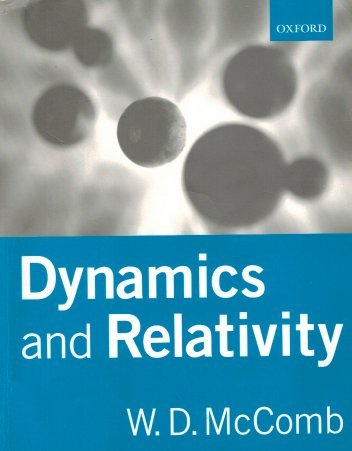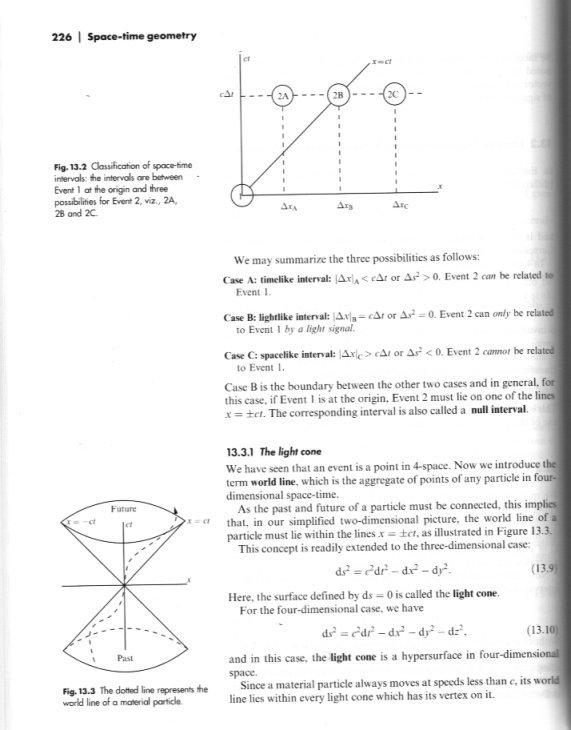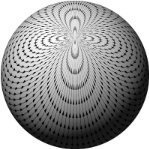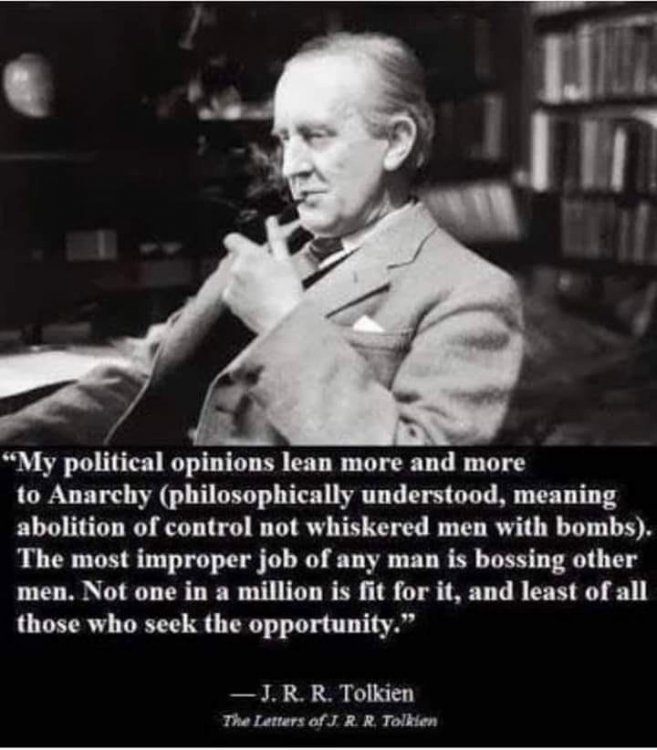Leaderboard
Popular Content
Showing content with the highest reputation on 09/19/22 in all areas
-
This bears repeating, so I've repeated it here. If your vote didn't matter, the powers that be wouldn't be trying so extremely hard to take it from you, to make it harder for you to vote, to marginalize your voice and redraw districts so your voice counts less. If your vote didn't matter, there wouldn't have been so many hundreds or thousands (or hundreds of thousands / millions) of people who came before us fighting so hard or dying so often just to trying to obtain it. The right to vote is fundamental. It is the foundation in which ALL laws and ALL governance is rooted.2 points
-
Your opinion isn't what is important here; this is a discussion of facts. Looking at the issue as "one vote doesn't matter" is flawed, because it's not just one person, it's all the people who might think that way. And elections can be lost if that attitude becomes pervasive. Elections have come down to narrow margins, and even single votes - there was one in my neck of the woods recently that ended up tied, and was decided by a coin flip. One more vote would have mattered a great deal. "One vote doesn't matter" is propaganda from people who don't want you to vote.1 point
-
The quote from Eddington was a discussion of why the general quadratic is not used in relativity. For those who want a modern accessible mathematical treatment I recommend MacComb. Since I see that there has been some discussion about light cones and causality and relativity diagrams that are simple here is his version. The book is great as it goes right the way through from Gaileo, Newton, Lorenz, Einstein, FourVectors, Simple GR geometry and curved triangulation, yet is rigerous enough. Some fun relativistic calculations include the relativistic Compton Effect and "When Photon meets Proton head on".1 point
-
You didn't mention what pressures and temperatures have to have these solids.. What at STP is gas, at low enough temperature and/or pressure can be solid i.e. one can have a piece of solid Chlorine (below −101.5 °C) or other stuff.. Alkali metals and ice? They release hydrogen, which, when in contact with Oxygen from the air, can ignite:1 point
-
That's true: no particular vote is significant on its own. But how did those millions come to be, if not one at a time? That too, but considerably less important in outcome. No, that's what we call a democratic process. That is definitely not the reason for voting. And if you're a visible minority, living in one of the red states, it's damn well not weakness! I don't call "this" a phenomenon. I call it a form of government.1 point
-
I thought it worked by disrupting the cell walls. As an aside: Adding 10% water also apparently increases the penetration depth before disruption occurs.... 90% is better than 100% in that use.1 point
-
@jmf I presume you looked at the study based on your comment about sodium hypochlorite. "Concentrated original Lysol" performed well, as did sodium chlorite with an activator (sounds like MMS, which might be good for disinfecting aquarium tools; but double check). I would suggest Palmolive with lactic acid or some other things, but again, the concentrated Lysol at 1% seemed effective in a study so that carries it. Perhaps the Palmolive in a strong solution for cleaning gross contamination, followed by the soak in 1% lysol. Appreciate the mention of mycolic acids... doubt a regular soap saponifies those cords. Plus if they're acid resistant then they're the 0.1% that escapes the lactic acid, and they're catalase positive, but I doubt they'd enjoy the l-lactic acid or peroxide regardless. https://www.researchgate.net/publication/238046154_Efficacy_of_Common_Disinfectants_against_Mycobacterium_marinum1 point
-
1 point
-
He mentioned it: It did not sound very 'einsteinian' to me, so I tried to google if I could find a reference that Einstein really said something the like. I found exactly one reference... An article by a certain 'Solomon'... If somebody has still has some curiosity left, he can look up everything there. It is the usual crackpotism. Obviously not. And your reaction: I assume Studiot thought more about Marcel Grossmann and David Hilbert. Historians more or less agree that Mileva's role was mainly that of a highly intelligent 'resonance board'.1 point
-
Why? Why can't it arrive a bit later? The air can sort itself out later by swirling about. It's not like having two queues of people going through customs barriers where the couples need to meet up afterwards. The "it goes faster over the curved surface so.... Bernoulli... it generates lift" explanation is clearly wrong. You can fly stunt planes upside down indefinitely. At the very least, you need to consider this as well. https://en.wikipedia.org/wiki/Coandă_effect1 point
-
I can see a how a small homogeneous group sharing the same beliefs can run on customs rather than institutions of government and laws. I have long suspected libertarians think it should work at larger scale because of that ability of homogeneous communities to uphold rules of behavior without resort to formal rules or institutions to do the enforcing at smaller scale. The dream is of a community of people who all agree and abide with the unwritten rules and are willing to step in and unite when they see them broken, so they don't need the institutions. But without the underlying agreement on what the rules are - or groups remaining small enough for everyone to know everyone else's business and cheating and getting away with it is hard - it doesn't hold together so well. These can be inclined to turn out or turn on outsiders with different customs and won't have the institutions to ensure the lynch mob holds a fair trial first. Likewise for anarchists.1 point
-
Sure sounded like it. But, all right. So you are aware that they already know about democracy, that some of them profess to have democratic system already, while the ones who don't have rejected it in favour of some other kind of government. Then why task me with trying to convince them of something they've already made up their minds about? Yes. I have not heard or read of one single regime that desired to be violently overthrown, beheaded or sent into exile. When revolution or even large-scale protest in support of structural change is attempted, they all seem to mount fairly stiff resistance.0 points
-
What makes you think people from other countries "know nothing" about other forms of government than their own? All the countries you mentioned are far, far older than the United States of America, have long histories of different kinds of rule, of being conquerors and being conquered, of trade and reciprocal agreements with other nations. Two of them are republics with representative democracy as their official form of government. Are these "people" from the ruling elite, who benefit from the status quo in their country, or members of a dispossessed minority, who suffer under it? Recipients of government contracts and subsidies, or traders and bankers who thrive on lax regulation, educators fettered by censorship, women treated as second class? Who re these people? What do they want? It takes different kinds of persuasion to reach different interests. I could perhaps point out a clean democracy breeds less popular unrest than a corrupted one, and even a corrupt one is less likely to end in revolution than a dictatorship. Fewer democratically elected heads of state are assassinated than dictators. Less money drains away from the public coffers into private pockets when graft and patronage are kept in check. A contented population is also more productive than a miserable one.... But it's quite futile. They already know. They will do what they have always done. The people who are in catbird seats want to stay there and will take all necessary measures to insure their place; the people they're lording it over want to knock them down and will take whatever action they deem necessary to accomplish that end; the people who are frightened will not act - except, if they can, to run away. Like the rep from Afghanistan - he's gone already and the conference just winding up.0 points
-
Lorentz transformations are important and needed only if the distances between objects are observed, which leads to the accounting of acceleration and energy. That is, we are talking about external observation in relation to objects. At the same time, the objects themselves are considered as material points. But it has already became possible to consider objects as points of accumulation, that is all changes are considered through what is happening inside the object. Then the Lorentz transformations are no longer needed. There are two theories in Analytic Philosophy, External and Internal Relations. The first works with external observations, the second with internal.-1 points













